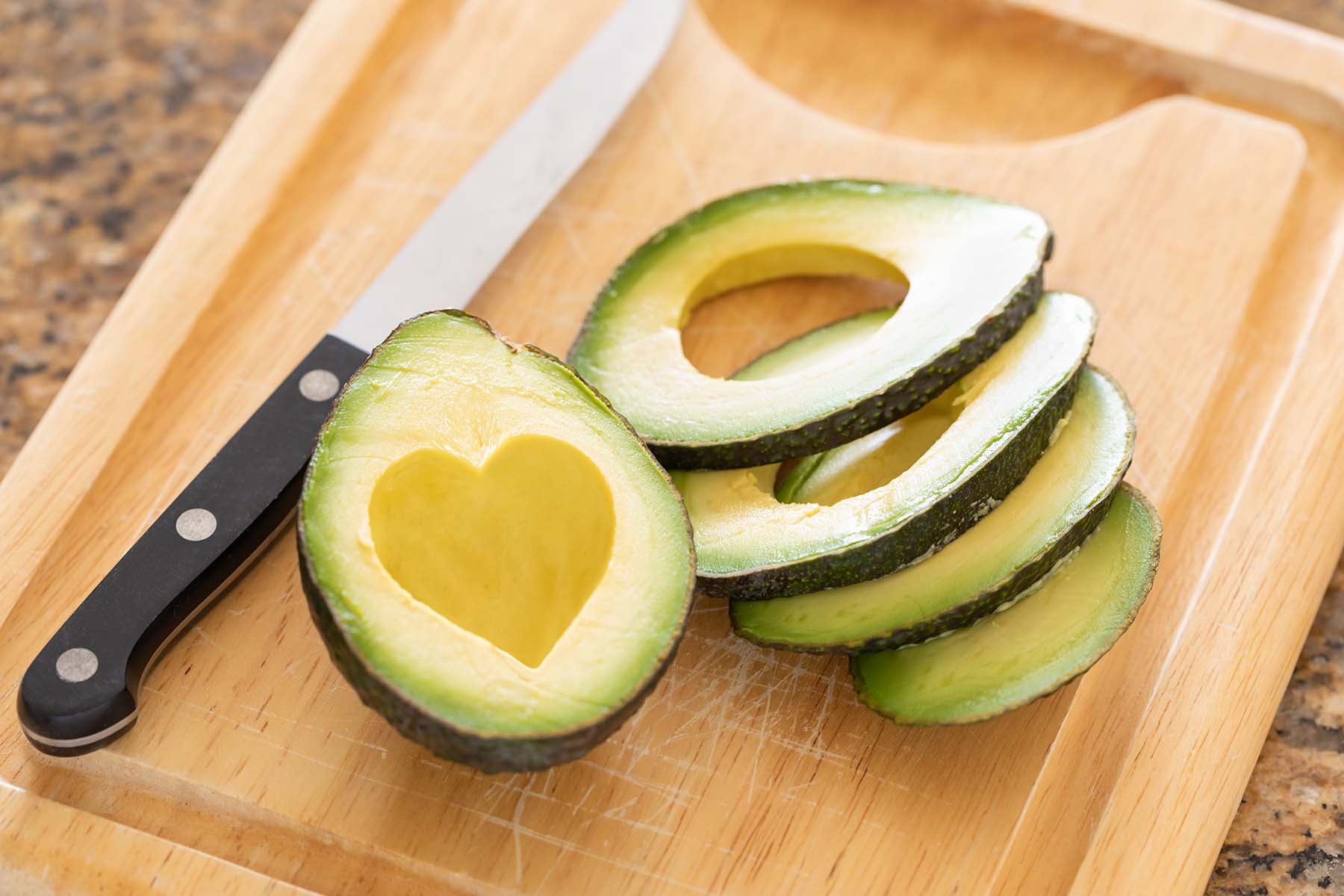Expert: Are you Eating These Heart-Healthy Superfoods?

With cardiovascular disease continuing to be the leading cause of death for men and women of most racial and ethnic groups in the United States, nourishing your heart with the proper nutrients is a hot topic.
How many of these heart-healthy superfoods do you regularly include in your diet?
Berries
Berries, such as blueberries, raspberries, and blackberries, are packed full of antioxidants and a special chemical compound unique to plants called polyphenols. These polyphenols have been shown to protect the heart by neutralizing oxidized LDL, commonly called “bad cholesterol,” which contributes to plaque buildup in the arteries.
Dietitian tip: Add a handful of berries to your cereal or yogurt for a morning boost of antioxidants.
Olive oil
Before reaching for the cooking oil, consider the type of fat that it contains. Not all oils are created equal. For a healthy heart, choose oils with more monounsaturated fatty acids (MUFAs), polyunsaturated fatty acids (PUFAs), and less saturated fat. Olive oil is a great example of one that is rich in MUFAs and PUFAs.
Dietitian tip: While heart-healthy, olive oil is still a fat and supplies more calories per gram than carbohydrates and protein. To avoid weight gain, pay attention to the serving size when using oils.
Turmeric
Curcumin is the bioactive component of turmeric, a powerful anti-inflammatory spice. The cardioprotective benefit of turmeric involves improving endothelial function, that is, the lining of the blood vessels. In one study, the risk of a heart attack was reduced by 65% after supplementing with 4 grams of curcumin daily, compared to a placebo.
Dietitian tip: Curcumin is not highly bioavailable, meaning the body does not absorb it very easily. Adding black pepper to turmeric can enhance its absorption by up to 2,000%.
Avocado
Avocado is a food rich in oleic acid, a monounsaturated fat that can help lower harmful LDL cholesterol. It is also an excellent source of fiber and supplies about 20% of our daily fiber needs. Both oleic acid and fiber are two nutrients that can reduce heart disease risk by as much as 30%, according to a Harvard study.
Dietitian tip: For a nutritious breakfast, spread avocado on toast or blend it into a smoothie for a creamy texture and added nutrients.
Oats
Oats contain a type of soluble fiber called beta glucan. Beta glucan promotes heart health by lowering cholesterol and has intestinal health benefits. Beta glucan binds to bile acids and subsequently reduces serum cholesterol.
Additionally, the healthy gut bacteria in our colon use this type of fiber as a fuel source and, through fermentation, produces compounds that inhibit cholesterol synthesis.
Dietitian tip: Not a fan of plain oatmeal? Add things like cinnamon, honey, vanilla extract, or cocoa powder to give your oatmeal a flavorful kick.
Dark chocolate
You may be surprised to see chocolate on the list of heart-healthy superfoods, but make no mistake, dark chocolate with at least 70% cocoa has cardiovascular benefits. The higher percentage of cocoa, the higher the flavanol content. The flavanols in cocoa beans help support blood vessel health and healthy circulation.
Dietitian tip: Milk chocolate and white chocolate do not contain the same nutrient properties, so look for dark chocolate with at least 70% cocoa and remember to enjoy it, in moderation, of course.
Shelby Birdwell, MS, RD, LD, is a registered dietitian at the University of Miami Health System.
Tags: cholesterol levels, focusing on you, nutrition care in Miami, prevent heart disease, risk of heart disease, Shelby Birdwell
